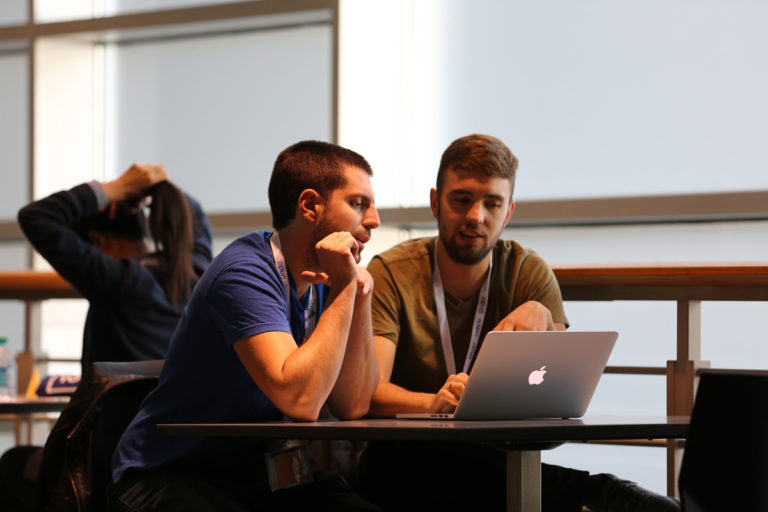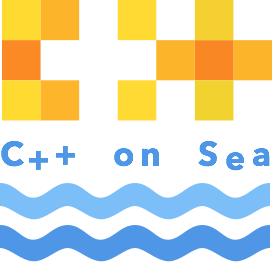CppCon 2017: Type Punning in C++17: Avoiding Pun-defined Behavior--Scott Schurr
 Have you registered for CppCon 2018 in September? Registration is open now.
Have you registered for CppCon 2018 in September? Registration is open now.
While we wait for this year’s event, we’re featuring videos of some of the 100+ talks from CppCon 2017 for you to enjoy. Here is today’s feature:
Type Punning in C++17: Avoiding Pun-defined Behavior
by Scott Schurr
Summary of the talk:
Type punning, treating a type as though it is a different type, has a long and sordid history in C and C++. But, as much as we'd like to deny its existence, it plays an important role in efficient low-level code. If you've ever written a program that examines the individual bits of a pointer or of a floating point number, then you've done type punning.
Given its long legacy, some of the techniques for type punning that were appropriate, even encouraged, earlier in history now live in the realm of undefined behavior. We'll identify which techniques are now proscribed and postulate why. We'll also explore ways to do type punning in C++17 that sidestep undefined behavior and are hopefully as efficient as the older techniques.
In this session we will look at:
o Common (and some uncommon) motivations for type punning.
o Techniques for type punning, both good and bad, all ugly.
o Related topics (like type conversions and std::launder()) with an eye toward unspecified and undefined behavior.

 Have you registered for CppCon 2018 in September?
Have you registered for CppCon 2018 in September?  Have you registered for CppCon 2018 in September?
Have you registered for CppCon 2018 in September?  Cppcon evolves!
Cppcon evolves! Have you registered for CppCon 2018 in September?
Have you registered for CppCon 2018 in September? 